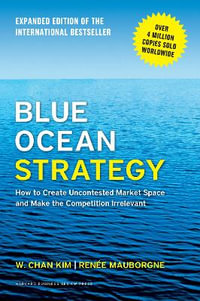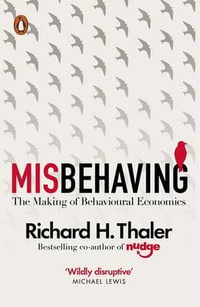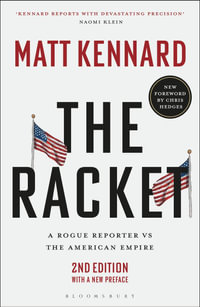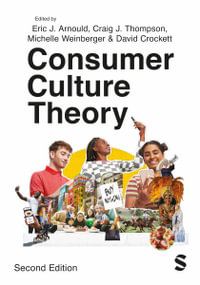'In the study of decision-making by people in the world, the laboratory, in surveys, or in all of the above, many scholars have derided our decisions as irrational, uninformed, biased or vulnerable to illusions, if not delusions, that steer us off-track. You won't find that simplistic reduction in this book. You will find plenty of cases of error, sometimes random, sometimes systematic, and sometimes in the models that are alleged to specify rational behaviour. You will also find penetrating analyses of institutions and other social systems that have made us smart, or smart enough to muddle through in an uncertain world.'From the Foreword by Vernon L. Smith, Chapman University, US
This Handbook is a unique and original contribution of over thirty chapters on behavioural economics. It examines and addresses an important stream of research where the starting assumption is that decision-makers are, for the most part, relatively smart or rational. This particular approach is in contrast to a theme running though much contemporary work in which individuals' behaviour is deemed irrational, biased and error-prone, often due to how the brain is hardwired. In the smart people or bounded rationality approach, where errors or biases occur and when social dilemmas arise, more often than not, improving the decision-making environment can repair these problems without hijacking or manipulating the preferences of individuals.
The Handbook covers a wide-range of themes from micro to macro, including economic psychology, heuristics, fast and slow thinking, neuroeconomics, experiments, the capabilities approach, institutional economics, methodology, nudging, ethics and public policy. It argues that neoclassical decision-making benchmarks are typically not the gold standard for best practice. The expert contributions demonstrate that decision-making capabilities and decision-making environments can both be more effective and consistent than nudging in improving welfare and utility, and in maximizing well-being. They also demonstrate how learning, improved information, empowerment, voice and preference play a vital role in determining smart decision-making outcomes.
This comprehensive and original Handbook will appeal to academics in behavioural and experimental economics, and economic psychology.
Contributors include: M. Altman, C.L. Anderson, G. Antonides, M. Augier, S. Austen, N. Berg, P. Biscaye, P.J. Boettke, S. Bourgeois-Gironde, R.A. Candela, A. Cronholm, G. Danese, G. Foster, R. Frantz, P. Frijters, K. Gangl, H. Gintis, M.J.J. Handgraaf, B. Harrison, B. Hartl, A. Hopfensitz, S. James, B. Kamleitner, E.L. Khalil, R. Kheirandish, D. Kilger, E. Kirchler, F. Kutzner, D. Lester, A. Leung, E. McPhail, B. Meder, T. Mengay, L. Mittone, S. Mousavi, H. Neth, A. Ortmann, M. Pingle, O. Powell, O. Rosin, T.F. Rotheli, N. Sari, N. Shestakova, L. Spiliopoulos, V. Tarko, S. Teraji, J.F. Tomer, J. van Beek, T. Vogel, B. Yang Lester
Industry Reviews
'In the study of decision-making by people in the world, the laboratory, in surveys, or in all of the above, many scholars have derided our decisions as irrational, uninformed, biased or vulnerable to illusions, if not delusions, that steer us off track. You won't find that simplistic reduction in this book. You will find plenty of cases of error, sometimes random, sometimes systematic, and sometimes in the models that are alleged to specify rational behaviour. You will also find penetrating analyses of institutions and other social systems that have made us smart, or smart enough to muddle through in an uncertain world.' -- From the Foreword by Vernon L. Smith, Chapman University, US
'Behavioural economics has been dominated by the heuristics-and-biases view, according to which deviations from coherence principles are equated with irrational behaviour, making humans appear to be a group of Homer Simpsons plagued with illusions. Many economists appear to be unaware that this viewpoint has long been contested in psychology and that experimental and analytic studies have uncovered the conditions under which deceptively simple heuristics can in fact make people's behaviour smart. This book provides a fresh perspective for behavioural economics to rethink the nature of rationality by understanding how people and institutions try to make intelligent decisions in an uncertain world where the optimal course of action cannot be known ahead.' -- Gerd Gigerenzer, Max Planck Institute for Human Development, Berlin
























